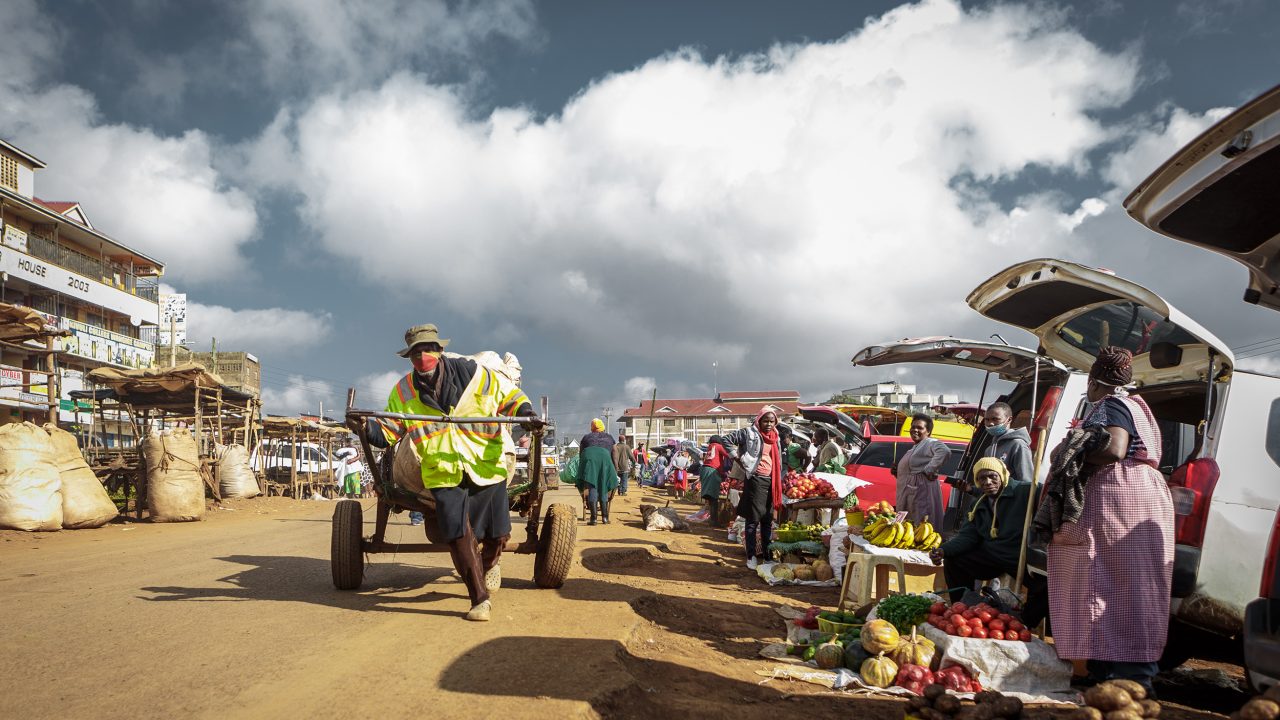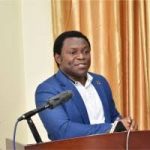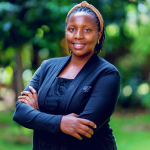In 2015, 193 countries adopted the Sustainable Development Goals (SDGs), the world’s shared plan set up by the United Nations to end extreme poverty, reduce inequality, and protect the planet by 2030.
The goals are ambitious, the commitments significant.
But as the deadline approaches, progress is inadequate and action is fragmented. Innovative strategies exist, but not always with a collective, cross-cultural approach and not with a shared understanding of the data to collect, the metrics to track, and the milestones by which to hold governments, civil society, and industry accountable. Collecting quality data often comes as an afterthought, as opposed to being recognized as an essential element for social change.
The Global Partnership for Sustainable Development Data (the Global Partnership) seeks to increase that understanding, promote the need for a comprehensive data strategy, and close that data collection gap.
By connecting and facilitating partnerships and showcasing and advocating for best practices around data for social impact—or data for SDGs, in this case—the Global Partnership is building a shared global literacy around what success looks like and how to advance the SDG imperative to “leave no one behind.”
The Challenge
Pursuit of the SDGs has played out differently behind the scenes and on the public stage. Davis Adieno, director of programs for the Global Partnership says that awareness of these Global Goals has largely been confined to the halls of government and civil society, with a handful of private sector companies on board.
The application of data science is becoming a huge need within the public sector. If any nation wants to build its resilience, it has to build technical capacity.
Victor Ohuruogu Senior Africa Regional Manager Global Partnership for Sustainable Development Data (GPSDD)
Publicly, the challenge is building awareness and support for the SDGs. Privately, it’s building the capacity across governments and civil society to solve them.
Victor Ohuruogu, the senior Africa regional manager for the Partnership, worries that there is insufficient political will to move from ambitious rhetoric to action. Governments are integrating the SDGs into their national development plans but aren’t backing it up with adequate budget funding. Lack of investment equals lack of training and talent development, leading to a significant skills gap among the civil servants who can effectively collect, process, and analyze data.
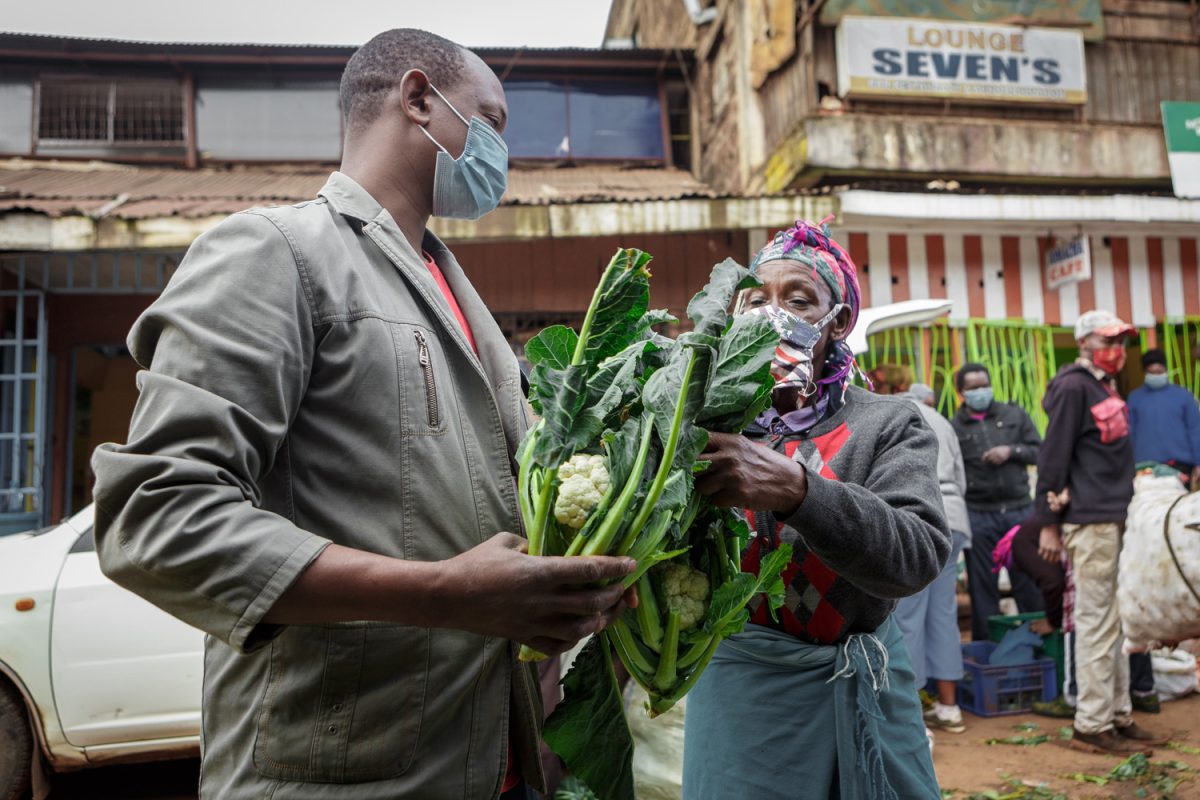
“There’s a lot of demand for data right now—its applications, its use, its collection and everything around it, but the biggest issue here is technical capacity,” agrees Africa Program Manager Linet Kwamboka Nyang’au.
The talent shortage in data science is further compounded by a universal demand for these sought-after skills in the digital age. Government can’t always compete with the pay and benefits of the private sector. Incentives like student loan forgiveness and reduced costs for advanced degrees can help, says Kwamboka Nyang’au, but it’s not enough to pursue this one path. To meet the demand and make the most of the data, governments need to reskill the existing workforce.
The Solution
The Global Partnership takes a number of data-driven approaches to inform and improve government decision-making. They work in more than 30 countries and have brokered nearly 100 data partnerships across the globe, helping to create data dashboards like the COVID-19 data hub in Nigeria, build tools and training like the Africa Regional Data Cube, and drive more equitable approaches to data, such as the Inclusive Data Charter they developed to improve data disaggregation and elevate the voices of the most marginalized, vulnerable groups.
There’s a lot of demand for data right now—its applications, its use, its collection and everything around it, but the biggest issue here is technical capacity.
Linet Kwamboka Senior Program Manager, Data4Now Global Partnership for Sustainable Development Data (GPSDD)
Across these partnerships and initiatives, capacity is a consistent challenge, so they designed the Data Science Fellowship.
“The thinking behind the data science capacity development program was really to start creating a lot of skills within civil service in data science,” Kwamboka Nyang’au said. “We bring technical partners together with government institutions. All these technical skills were coming in but once the projects were finished and they left, then there was a gap because internally, they weren’t able to sustainably continue.”
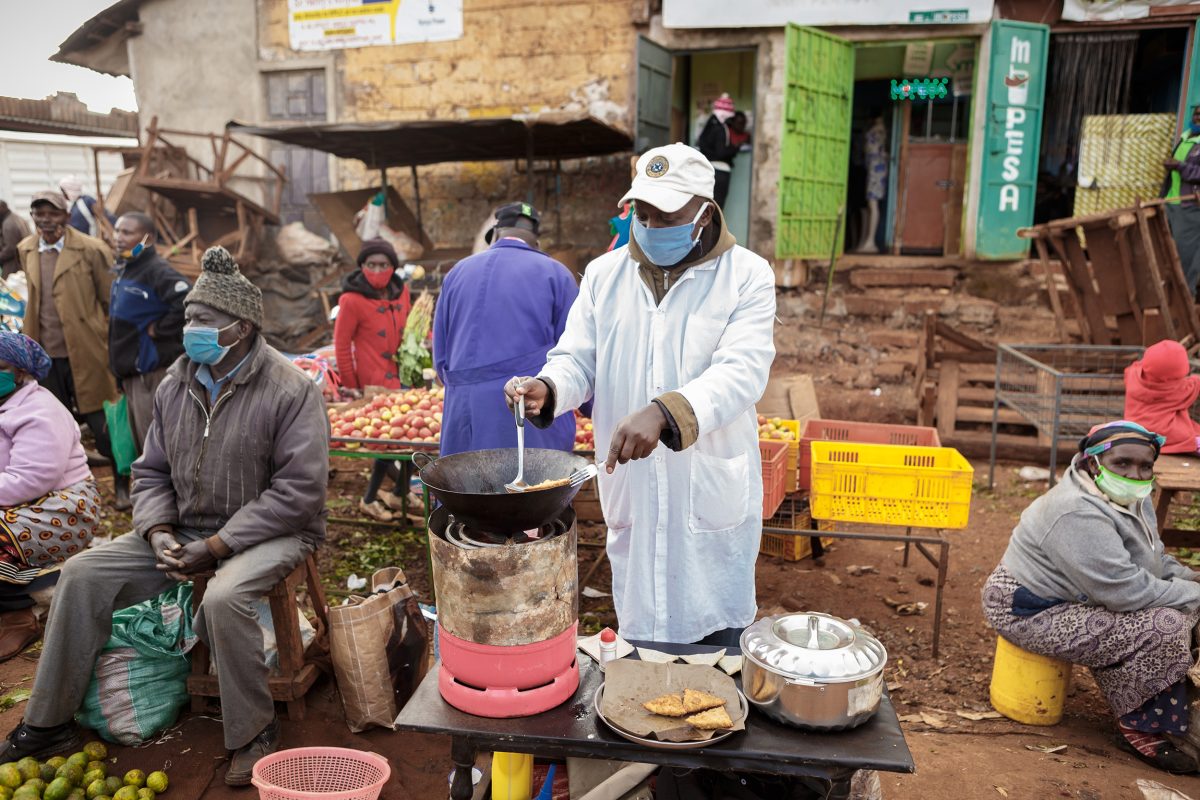
The Data Science Fellowship deploys data scientists for meaningful, SDG-related government projects, but the longest-lasting impacts come with the training they provide to existing government staff. It’s a four-month program that, in its first cohort, placed five data scientists in five African countries. Those fellows work closely with existing government staff, training them in data collection and analysis, and programming tools such as Python.
Awareness on the importance of data has substantially increased because of the COVID pandemic. It brought it to the fore that numbers are actually important, and matter a lot when it comes to government decision-making.
Davis Adieno Director of Programs Global Partnership for Sustainable Development Data (GPSDD)
“The idea is to get a critical mass of civil servants who understand data science,” Kwamboka Nyang’au added. “[Fellows] were extending the training that the civil servants got in Python, in data science, in machine learning, so that once they stepped away, the civil servants’ skills had been deepened and they could move forward with the work.”
The Takeaway
The demand for data science skills and tools continues to grow, and in many ways, the pandemic has driven the conversation forward for the Global Partnership.
“Awareness on the importance of data has substantially increased because of the COVID-19 pandemic. It brought it to the fore that numbers are actually important, and matter a lot when it comes to government decision-making,” Adieno said.
When it comes to both decision-making at the moment and planning for the future, the team sees a heightened awareness and desire to build technical capacity in government. COVID-19 and its broad-ranging impact highlighted the increasingly important role of data in responding to and recovering from challenges like pandemics.
“The application of data science is becoming a huge need within the public sector,” Ohuruogu said. “If any nation wants to build its resilience, it has to build technical capacity.”
Limited resources kept the initial cohort of the Data Science Fellowship small, but through partnerships with funders and partners like data.org, the Global Partnership for Sustainable Development Data hopes to expand significantly. They will soon deploy regional hubs to facilitate more than 100 data scientists in government offices across Africa, and plan to extend the duration from four to at least six months at a time.
Muthoni Mugo, the monitoring, evaluation, and learning program officer at the Global Partnership, says the need to scale up so quickly goes to the heart of their mission. Data is a necessary tool to advancing the SDGs, and governments are starting to realize its power for problem-solving overall.
“It’s had a carry-on effect on the institutions that is exciting,” she said. “They’re looking at more ways, more areas, more sectors to apply data science skills and applications.”
